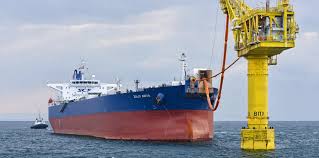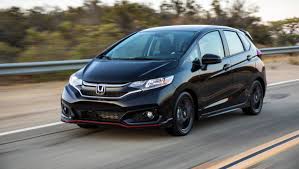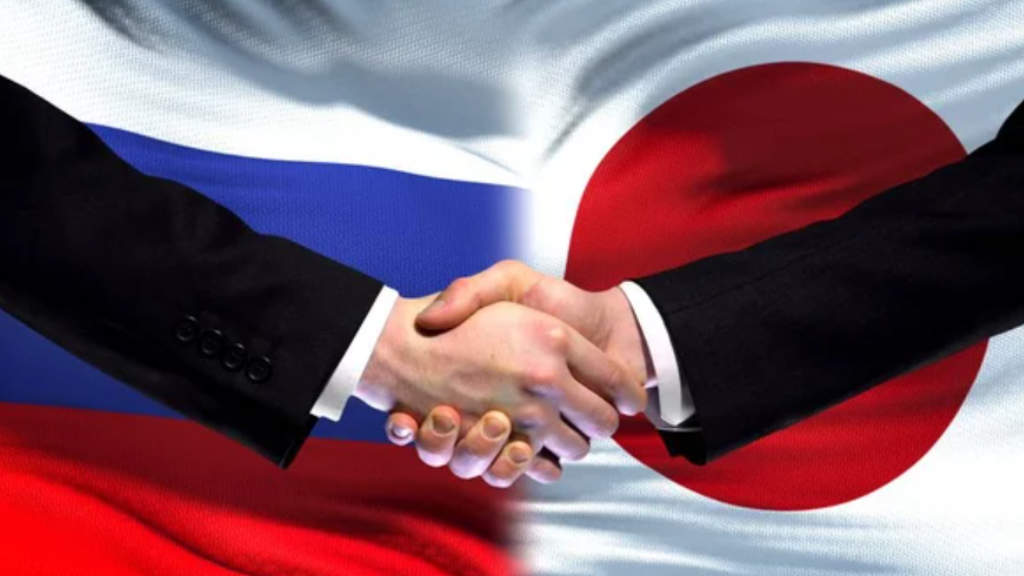Japan has begun ‘reinterpreting’ its sanctions on purchases from Russia, with a variety of products being reassessed and permitted to be traded. The reasons range from waivers due to Japanese strategic requirements and its domestic needs, to re-evaluating sanctions terminology and a prior over-strict approach to which products were included.
Japanese Government Imports Oil From Sakhalin

Japanese oil refiner Taiyo Oil Co. is transporting Russian crude oil to Japan for the first time in two years—on the tanker Voyager, which is blacklisted by the EU and the US Treasury Department.
According to data from Kpler, a ship tracking company, the Voyager delivered the oil to the Taiyo Oil refinery on June 8. A Taiyo Oil representative confirmed the delivery and said that the company had purchased the crude oil at the request of Japan’s Ministry of Economy, Trade and Industry, which was confirmed by the ministry. The oil was delivered from the Russian Sakhalin-2 project, in which Japanese companies have retained their stakes despite pressure from Tokyo.
Until 2022, the Sakhalin-2 project was operated by Sakhalin Energy (with the participation of Gazprom, Shell, Mitsui, and Mitsubishi). In 2022, Shell announced its intention to withdraw from all joint projects with Gazprom, including Sakhalin-2. At the end of June 2022, the Russian government issued a decree transferring management to a new Russian company, Sakhalin Energy LLC. The decree required foreign shareholders (Shell, Mitsui, Mitsubishi) to resolve the issue of their participation in the project: either confirm the preservation of their shares in the new operator or risk losing them. Shell refused to participate in the new operator, effectively completing its exit. Mitsui and Mitsubishi considered exiting but decided to remain involved due to the strategic importance of the project, agreeing to the new terms and retaining their shares (12.5% and 10%, respectively).
Japan continued to import oil and LNG from Sakhalin-2 despite sanctions against Russia due to its critical dependence on these supplies for its energy security (about 10% of its imports). A complete refusal would have meant a sharp rise in prices and an energy shortage, especially after the shutdown of the Fukushima nuclear power plant and the growth in demand for gas. It should be noted that the US and the EU did not impose direct bans on the purchase of Russian LNG (unlike oil), and Japan did not join the sanctions on oil price caps, maintaining legal channels of purchase.
A Japanese official stated that the Japanese authorities had agreed with the US on the possibility of continuing oil imports from Sakhalin-2, even using sanctioned ships, without the risk of secondary sanctions.
Japanese Auto Exports to Russia

Oil is not the only affected product that Japan has reinstated. Japan has reinterpreted the wording of its sanctions and allowed Russians to import Japanese ‘mild hybrid’ cars. The change permits the purchase of mild hybrids from manufacturers like Audi, Honda, Mazda, Mercedes, Mitsubishi, Nissan, and Suzuki at auctions in Japan. Mild hybrid cars use electric motors to assist their gasoline engines but cannot operate solely on electric power. The export ban has reportedly been lifted for vehicles such as the Honda Fit, CR-Z, and Insight; Nissan Day-Z; Suzuki Solio, Ignis, Swift, Hustler, Alto, Xbee, and Wagon; Mazda Flair and Carol; Mitsubishi Delica D:2, Delica Mini, and eK X; Mercedes E-Class and C-Class; and Audi A3 and Q3 F3. Notably, the “easing” applies only to specific engine models—not all versions of these cars.
In cars with a “mild” hybrid system, the electric motor only assists the internal combustion engine (improving acceleration, recuperation, and reducing fuel consumption), but cannot run exclusively on electricity. It is reported that the export ban has been lifted for cars such as the Honda Fit, CR-Z, and Insight; Nissan Day-Z; Suzuki Solio, Ignis, Swift, Hustler, Alto, Xbee, and Wagon; Mazda Flair and Carol; Mitsubishi Delica D:2, Delica Mini, and eK X; Mercedes E-Class and C-Class; and Audi A3 and Q3 F3. Cars with a “mild” hybrid (48V) powertrain are considered less technologically advanced than full hybrids (HEV) or plug-in hybrids (PHEV), and the ban on sales to Russia is damaging to the Japanese automotive industry.
Russian Timber Exports to Japan

In April this year, more than 71,700 cubic meters of sawn timber were sold from the Russian Far East to Japan, an increase of 43% more than in the previous year. This reinstated Russia as the largest exporter of timber to Japan, which has not imposed sanctions on Russian timber or wood products, despite Western pressure to do so.
In 2022, Russia (and especially the Far East) accounted for about 80% of Japan’s imports of glued laminated timber and about 10% of cellulose. A sharp decline would have led to a shortage of building materials and an increase in housing prices. Japanese construction companies (for example, those using glued laminated timber for earthquake-resistant buildings) actively opposed any sanctions.
Trade in timber from the Russian Far East is booming in Japan – with Japan, South Korea and China significant markets for Russian timber traders. The regional housing market and construction sector continues to experience high demand, which domestic production struggles to keep up with. Additionally, they are also increasingly focused on sustainable forestry practices and are importing timber to reduce pressure on their own forests.
Further Reading
Russia Holds Out Olive Branch To Japan

 Русский
Русский













